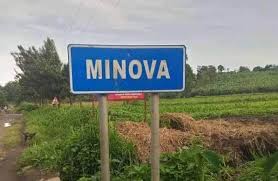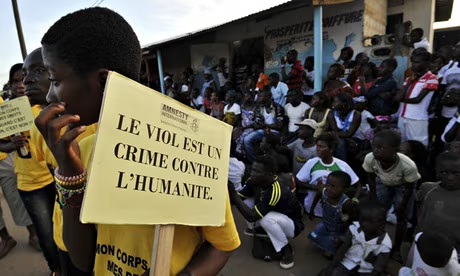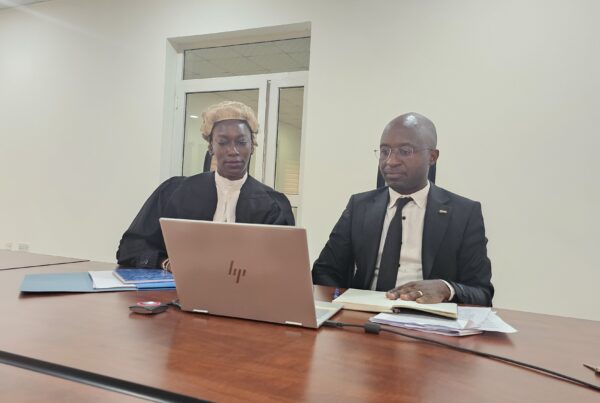Brief facts
The Federal Character Principle is enshrined in s. 147 (3) of the Constitution of the Federal Republic of Nigeria, 1999. However well-intentioned, in a multi-ethnic setting like Nigeria, the Principle has been unnecessarily expanded and distorted, allowing for politicisation of the question of who is considered “indigene” of a State or Local Government Area in Nigeria.
Further, classifications of “indigeneity” and issuance of “indigene certificates” have resulted in preferential and sometimes exclusive access to rights and services ordinarily due to all citizens. As a result, Nigerians who are classified as “non-indigenes” or “settlers” are marginalised and excluded in ways that have nothing to do with the aims of preservation of cultural identity and autonomy envisioned by the Federal Character Principle.
The discriminatory treatment meted out to “non-indigenes” has deep historical and socio-political underpinnings, and is probably the most sensitive subject in Nigeria’s public life. It has contributed to a cycle of violence in certain states and is of earnest national security concern for Nigeria. As such, if not resolved, it can threaten the very social fabric of Nigeria.
“Non-indigenes” are discriminated against and are denied rights, opportunities and benefits, including:
- educational opportunities and benefits;
- employment opportunities and benefits;
- access to public and military service;
- property ownership and allocation;
- government infrastructure and services such as roads, water and schools; and
- political participation and opportunities.
The discriminatory treatment faced by “non-indigenes” defeats the idea of integration which should help in molding society and strengthening the “One Nigeria’ belief.
Adamu Garba and 20 other Nigerian citizens are suing the Federal Government of Nigeria and 13 state and local governments for discrimination caused by the indigene/settler divide. Claiming their right to protection from discrimination, the 21 persons are asking the Federal High Court in Kaduna to enforce their constitutional rights. They are suing the Federal Government, the Federal Character Commission, Plateau, Kaduna, Kano and Katsina states, and Jos North Local Government Area (LGA), Shendam LGA, Kaduna South LGA, Giwa LGA (Kaduna), Fagge LGA (Kano), Kumbotso LGA (Kano), Nassarawa LGA (Kano) and Tarauni LGA ( Kano) before the Federal Court of Nigeria in Abuja.
The complainants are challenging their arbitrary classification as “settlers” or “non-indigenes” by their respective states. This government practice denies them their fundamental human rights under Nigeria’s 1999 Constitution and African and international human rights law. They are asking the Federal High Court to order the full recognition and respect of their rights, and those of all Nigerians suffering similar discrimination.
Alleged violations
Section 42(1) and 34(1) of the 1999 Nigerian Constitution
Articles 2, 3, 5, 13, 15, 17, 19 and 22 of the African Charter on Human Peoples’ Rights
Articles 2, 5, 12, 16, 22, 25 and 26 of the International Covenant on Civil and Political Rights
Articles 2(2), 4, 5(2), 6 and 13 of the International Covenant on Economic, Social and Cultural Rights
Articles 1, 2, 6, 7, 13, 17, 20, 21, 23 and 26 of the Universal Declaration of Human Rights
Status of the case
The Federal High Court of Nigeria dismissed the case and IHRDA is looking for possible means to take the case before a regional judicial body.
Litigation Partners
IHRDA’s Legal Officer – Gaye Sowe Esq and two Legal Officers of Human Rights Monitor Festus Okoye Esq and M. Lawal Ishaq Esq worked on this case.





